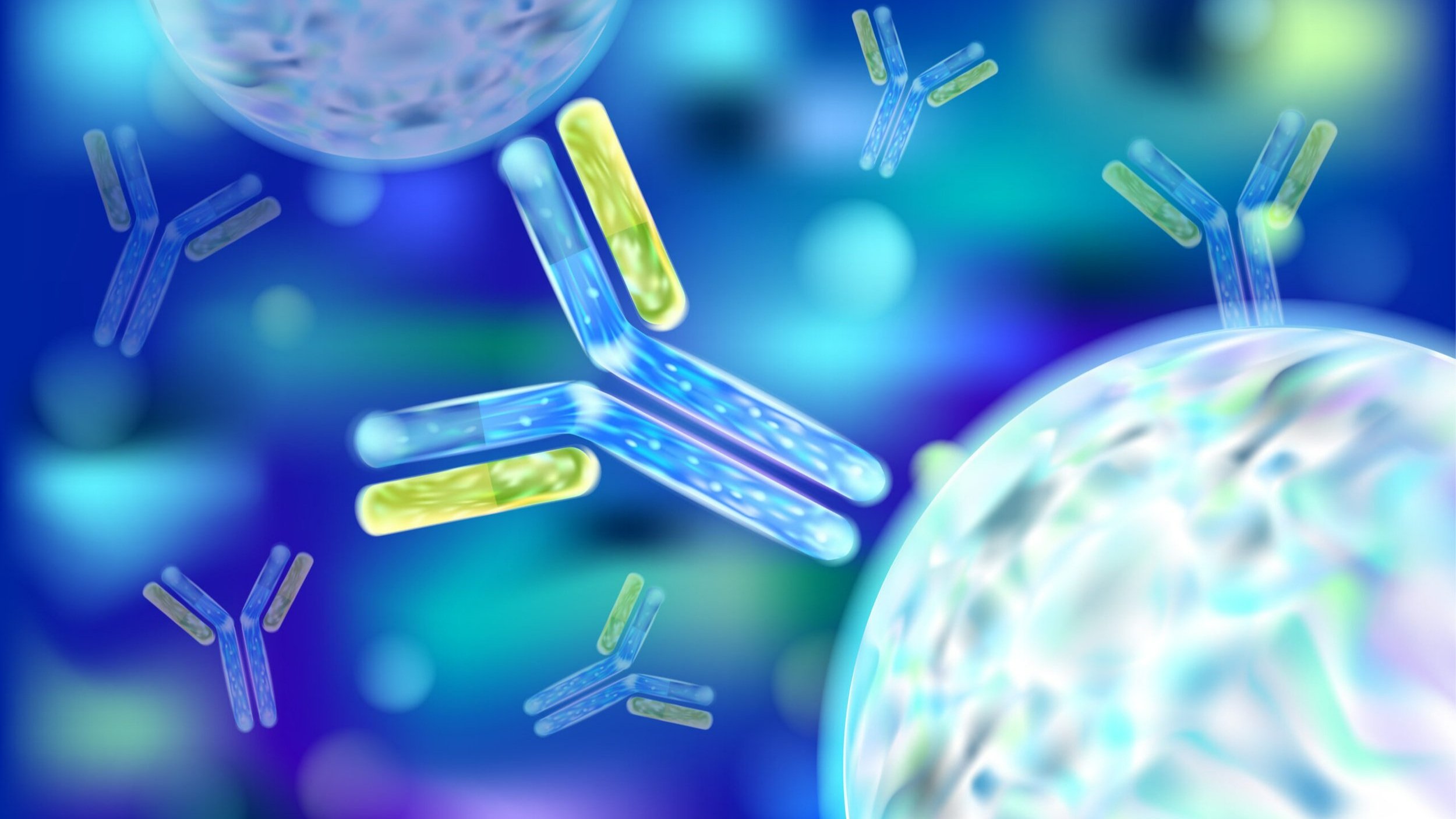Vitiligo is an autoimmune disease in which patches of skin lose their color when the immune system attacks the skin cells that produce melanin. The progression and speed of color loss vary from one person to the next, and it can impact any body area including hair and eyes. Although there is treatment for repigmentation of the areas affected by vitiligo, there is no cure for this disease.
A study published in the Archives of Dermatological Research revealed that individuals with vitiligo, particularly the elderly and women, have a higher likelihood of other autoimmune diseases, compared to the general population.
The researchers studied 39,173 patients with a diagnosis of vitiligo (mean age, 52.3; 51.7% female), and approximately 17.7% of them also had at least one other autoimmune disease. Among them, 0.69% (273 patients) were diagnosed with three or more autoimmune diseases. The most prevalent autoimmune comorbidities observed in patients with vitiligo included type 1 diabetes (4.5%), rheumatoid arthritis (2.8%), and systemic lupus erythematosus (2.5%).
Do you have any other health conditions or comorbidities that accompany your autoimmune disease? Share your story by making a short video below (with an option to anonymize the video).
"Equity In Action" at the RARE Health Equity Forum
Join advocacy leaders at the 2023 Global Genes RARE Health Equity Summit. You won’t have to travel far if you're attending the Autoimmune Networking Event. The event is taking place September 18-19, followed by the RARE Advocacy Summit, September 19-21. Over the past two years, we have worked as a community to learn about and discuss the biases, barriers, and challenges that marginalized communities face with rare diseases. We have recognized the need to work together to bring forward more meaningful approaches to tackling these challenges. During the RARE Health Equity Summit, you'll work with other participants to identify ways in which we can better serve marginalized populations within the rare disease community. Register Here!
To support the Autoimmune Registry, please join our registry or share it with others with autoimmune diseases. Donations are also greatly appreciated!














